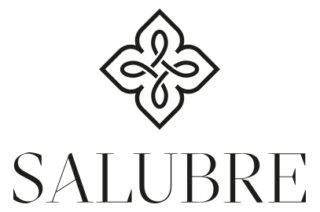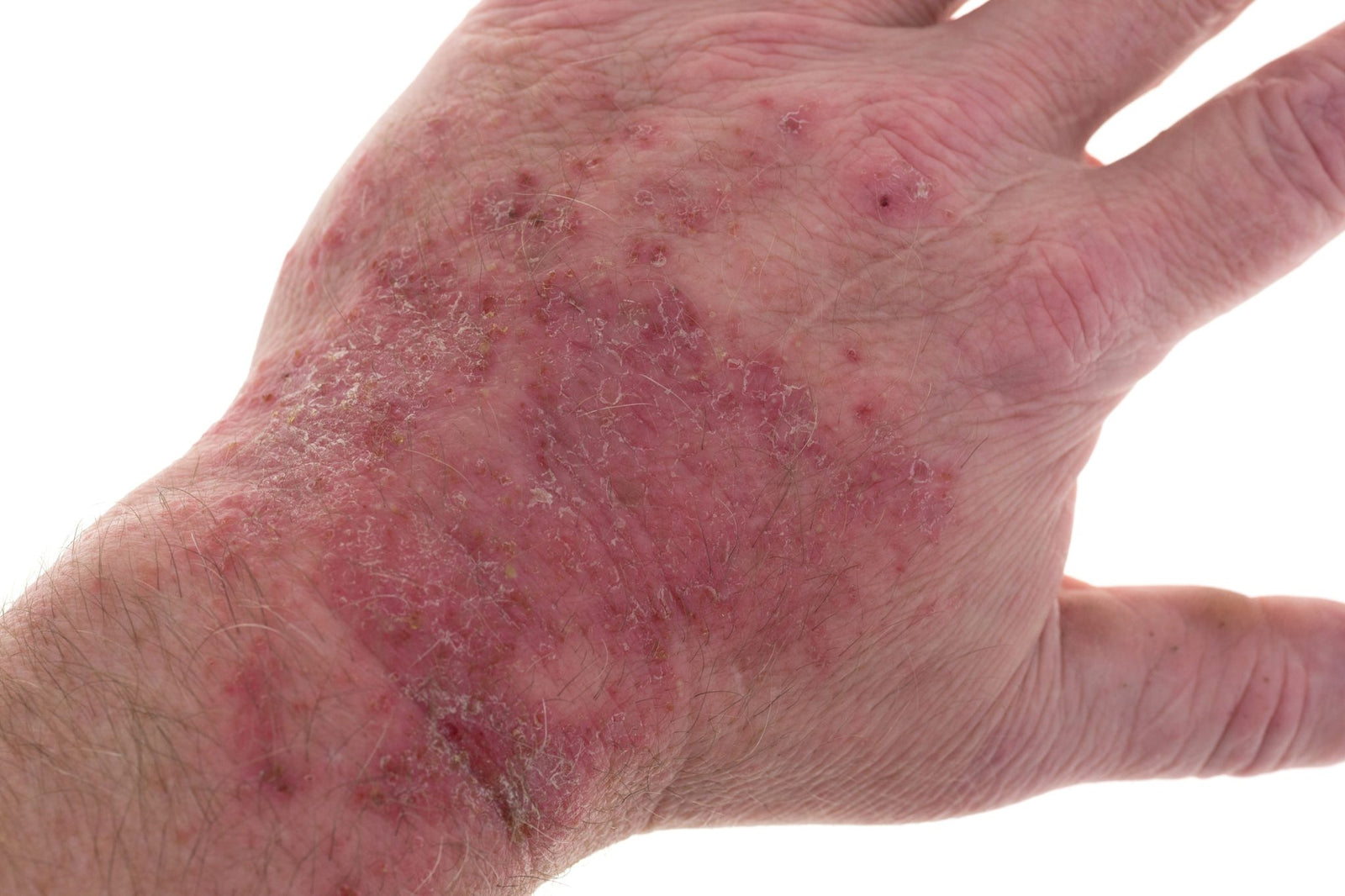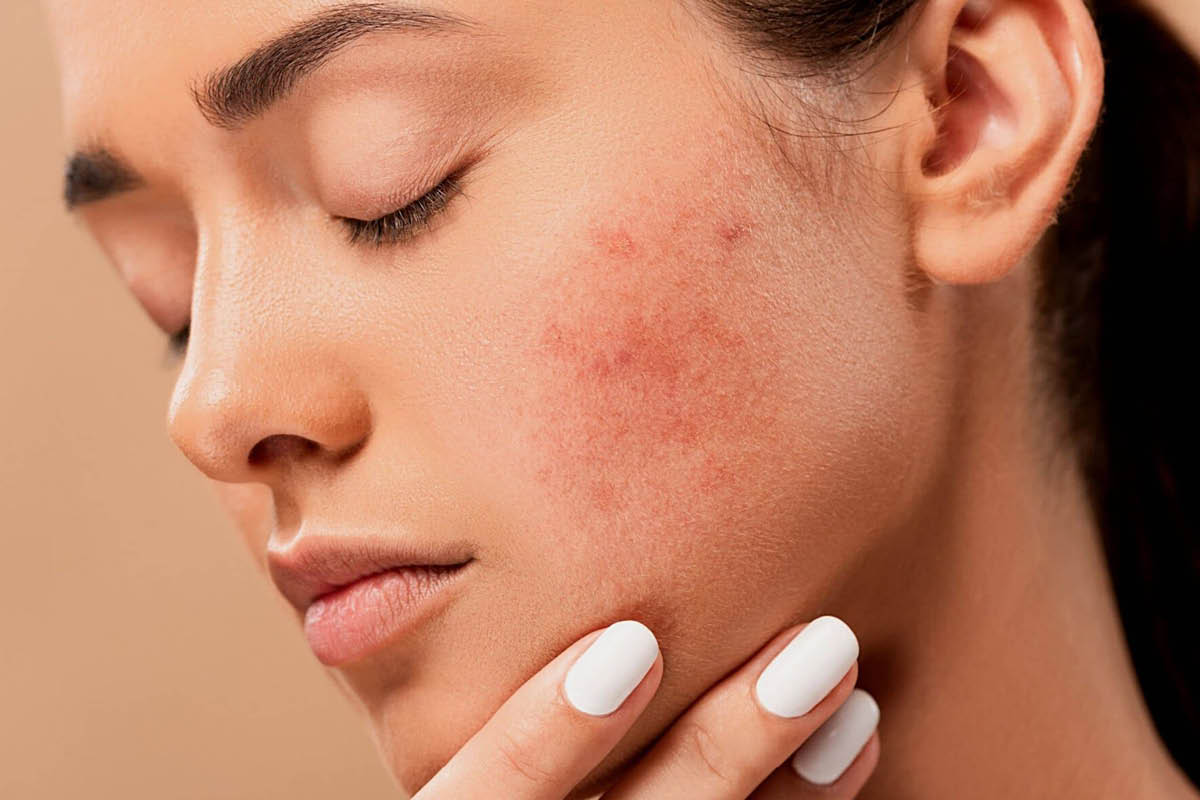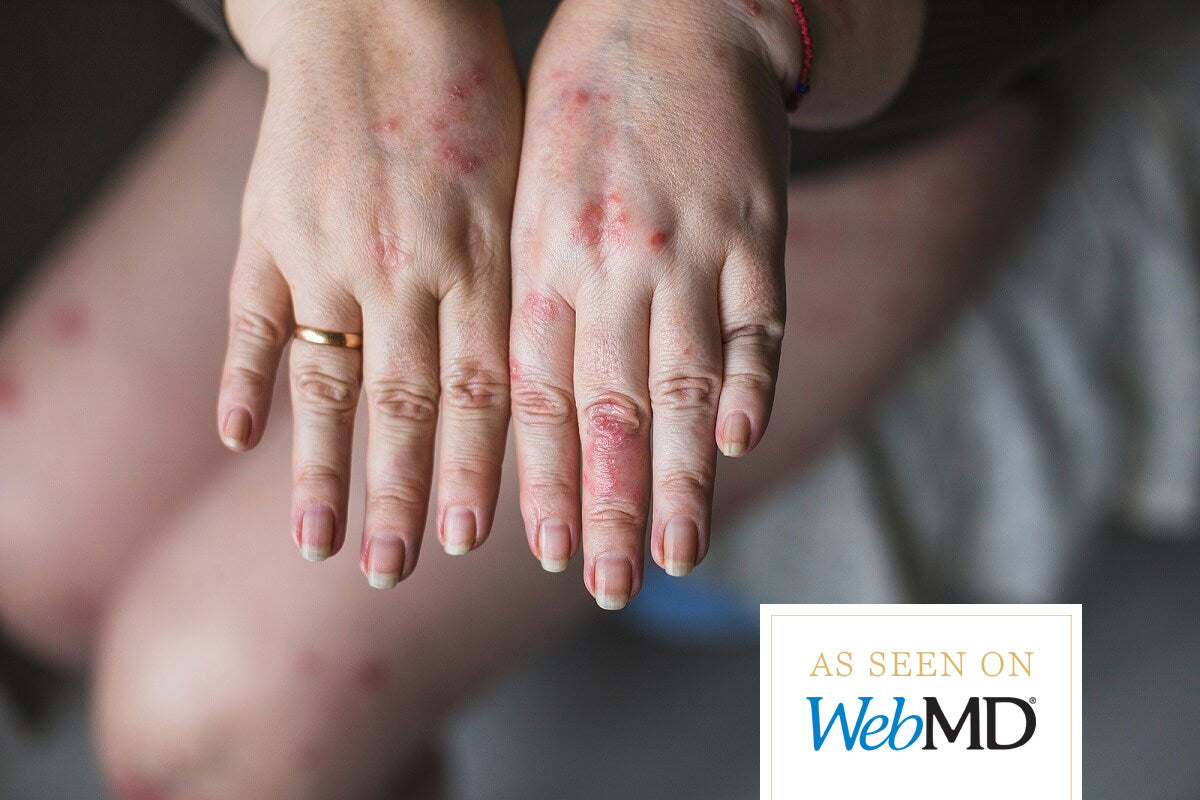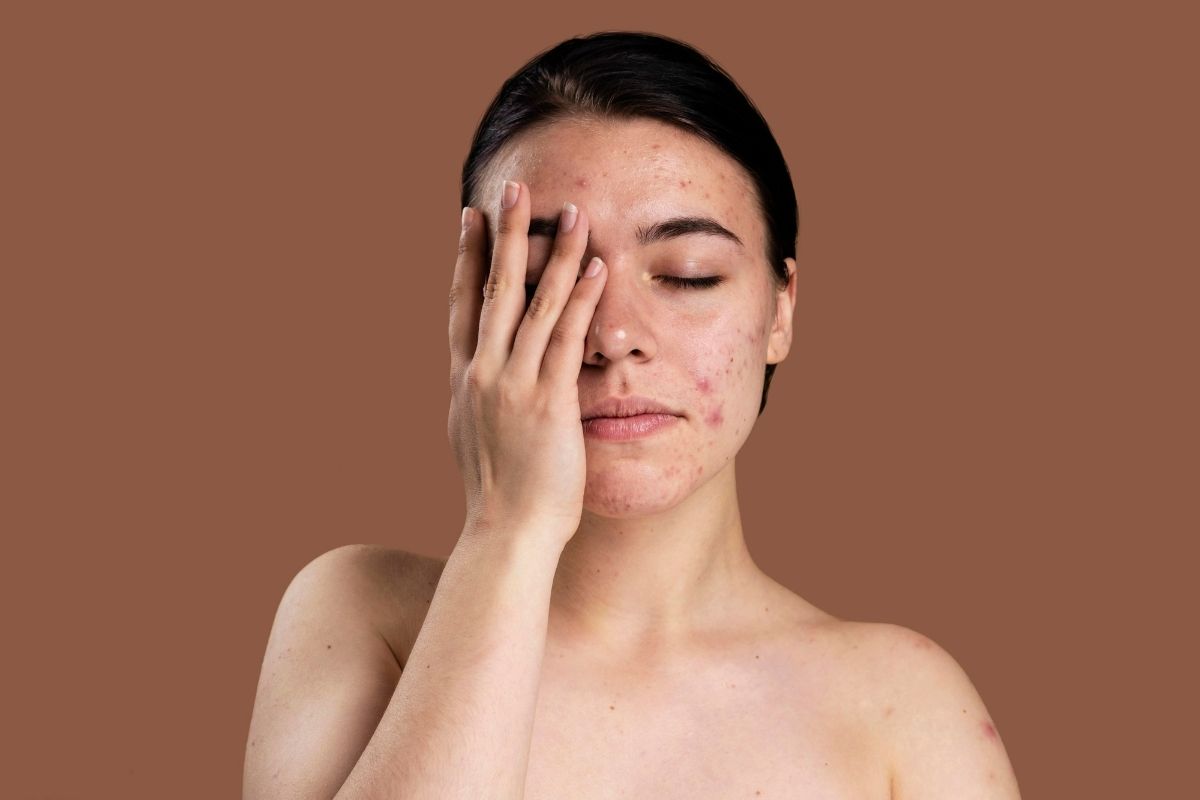Hello and welcome to today’s show all about nutrition for eczema.
You may have heard my other show on Nutrition for Psoriasis but in actual fact these two diseases are completely opposite.
Eczema results from allergens and food intolerances, whereas psoriasis is more about food intolerance.
The difference with these 2 diseases lies in the Th1:Th2 ratio T helper cells are lymphocytes that seem to recognise normal cells as foreign tissue. This response releases cytokines that have an effect on the immune system. Dominance Th1: Psoriasis, Type 1 diabetes, MS, Hashimoto’s, Grave’s Disease, Crohn’s Disease, Celiac, RA Dominance Th2: Eczema, Asthma, Sinusitis, Hayfever, Allergies, IBS, Scleroderma, Ulcerative Colitis.
Pregnancy leads to a Dominance of Th2 cells. The reason why eczema is more common in babies is due to the altered immune system of the mother during pregnancy offsets onto baby and the baby hasn’t readjusted the balance between TH1 and TH2.
So to understand the nutrition required for eczema I need to first explain the reaction eczema sufferers have to food.
IgE and IgG Antibodies If an Eczema suffer consumes a food they have an allergy to, the reaction leads to the release of IgE antibodies (Allergies), which leads to an immediate affect on the skin, tissues and breathing, and can lead to anaphylaxis. When foods are consumed that there is a food intolerance to, IgG antibodies (Food Intolerance) are released which leads to inflammation over a 72 hours period Also Eczema is due to an histamine response so the food recommended is slightly different to that recommended to psoriasis sufferers.
Foods to Avoid
- Spicy/Hot food
- Greasy/Fatty Food
- Sugar-filled food
- Wheat/yeast products
- Dairy Products
- Cashews
- Alcohol
- Soft Drinks
- Try to reduce cold things
- Plenty of green vegetables – preferably organic
- Seasonal fruits - preferably organic
- Bananas – are alkaline and contain potassium
- At least 2 liters filtered water per day
- Lamb, Chicken, Fish, Turkey
- Soy (only GMO free), Almond or Rice MilkCereals that are gluten and sugar free, such as rice flakes
- Pastas can be the Organ brand which has tasty rice/corn pastas and lasagna sheets. There is also a range out that have quinoa and rice pasta
- Raw nuts such as walnuts and almonds but only 5-6
- Wholegrain and whole foods – generally avoid anything processed
- If possible eat organic fruits and vegetables and biodynamic meats,free range and organic poultry
- Avoid farmed fish such as salmon and trout
- Gluten free is something that some people respond favourably to. If you do eat gluten containing foods make sure they are wholegrain foods that are grown organically.
- Promote acid and alkaline balance (acidic foods are inflammatory foods and alkaline foods are anti-inflammatory foods) as listed above
- Reduce the amount of chemicals in the diet
- Increase the amount of essential fatty acids in the diet through increase fish, oils such as virgin olive oil
- Promote the healthy functioning of the digestive system and the liver
- Reduce histamine in the blood through foods containing vitamins C, B6 and quercetin. Foods that have these nutrients include papaya, pawpaw, mung bean sprouts, brussel sprouts and spring onions.
Do I need to stay on this diet forever?
Leaky gut syndrome is the basis to the presentation of eczema. Leaky gut leads to un-metabolised toxins entering the blood stream which initiates the immune systems response. You see, your immune system is actually helping you, NOT hurting you. By protecting your body, it has generated a disease that is trying to bring your awareness to the problem.
So yes you do need to eat like this forever but so does everyone. Eating a diet high in inflammatory food will create disease in every body.
I hope that has been easy to follow but I know it can be a little overwhelming so I have created a blog post on this episode so head on over to www.salubre.com.au to read the post and make notes on what changes you need to make. I would encourage you to keep a food journal to help you keep track of the food you are eating and what you can do differently that will help you target and manage eczema.
If you need a helping hand through this process, check out our 8 week online program at www.salubre.com.au. It is a thorough program that you have lifetime access to and can do it step by step so to minimise overwhelm and help you on your journey to better health.
Thank you for joining me on today’s episode of Salubrious Skin with Dr Irene and be sure to send us an email if you have any questions to info@salubre.com.au.
